Greetings from the researcher exchange to Centre for Quality and Patient Safety Research in Melbourne, AU
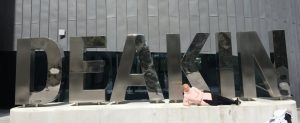
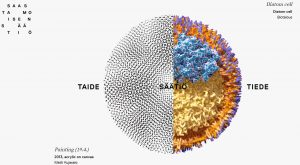
I am delighted and grateful to #Saastamoisen_Säätiö sr – Saastamoinen Foundation for the funding which facilitated my researcher exchange to #Deakin_University in Victoria, #Melbourne, #Australia for five weeks in October-November 2022.
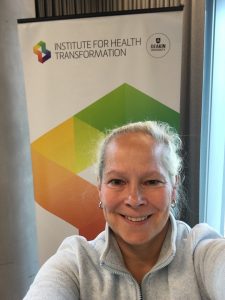
My visiting destination was the Institute of Health Transformation and the Centre for Quality and Patient Safety research (QPS). The visit preparations started before Covid-19 pandemic. I came across with Deakin Professor Julie Considine and Professor Judy Currey while they were lecturing in Finland. We had a chat on a coffee break and I found out that they were colleagues of Professor Elizabeth Manias who I was already previously keen to meet one day; We have a common study focus of “medication related communication”. Julie and Judy kindly advised me how to apply for an exchange period into Deakin Uni and they conveyed my message to Professor Manias. This distant dream finally came true after two years’ delay due to the pandemic. Thus, it was worth writing down this “unlikely dream” to my original study plan in the first place!
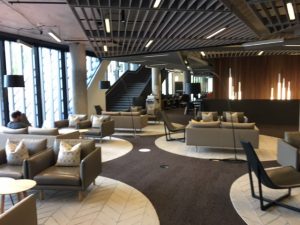
My principal hosts during the visit were experienced patient safety researchers Professor Elizabeth Manias and Professor Tracey Bucknall. The exchange collaboration included co-authorship of one scientific article with the professors and Professor Vehviläinen-Julkunen and Associate Professor Härkänen from UEF.
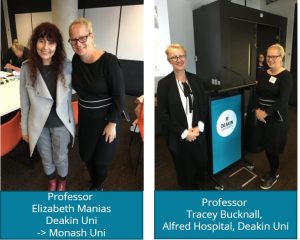
Elizabeth and Tracey kindly organized an interesting program for the exchange period. I had an amazing opportunity to network with several highly skilled patient safety and communication researchers. QPS has over 80 researchers plus doctoral students, who deliver around 250 scientific articles per year (QPS annual report, 2021). I managed to arrange personal meetings with many researchers, but also enjoyed several collective researchers’ events with a variety of researchers. For example, Associate Professor Debra Kerr has been studying if communication training for nurses should be standardized (Kerr, Martin, Furber, Winterburn, Milnes, Nielsen and Strachan, 2022).
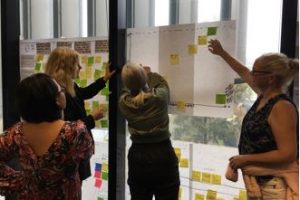
I was offered to attend LUMA institute’s “Shared decision-making methods” training, which continues now via Zoom.
I participated in a 4-days researcher conference of SoNM (School of Nursing and Midwifery) where there were over 40 scientific presentations by PhD- and Master’s students, Doctors, and Professors. I had the privilege to present my own doctoral study also at the conference, which was a great learning experience in a friendly atmosphere.
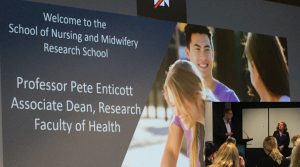
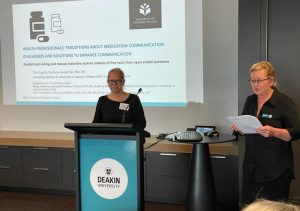
The SoNM conference included training about systematic literature review by Professor Brigid Gillespie from Griffith University and NVivo workshop by Professor Linda Sweet from Deakin University. The discussions about research with several academic colleagues helped me to map post doc research ideas and possibilities for future collaboration between the Departments of Nursing Science in Deakin and UEF. I was able to initiate patient-safety-researcher networks to universities in AU, but also to Danmark, Iran, Ethiopia, and Mexico. In addition, the Deakin networking helped me to find potential collaboration links to Netherlands and Canada.
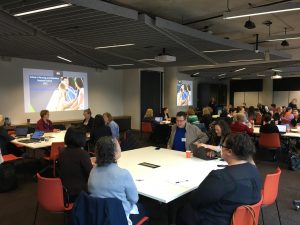
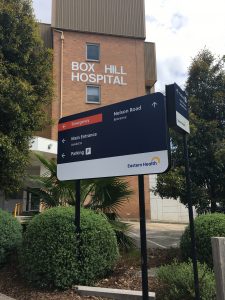
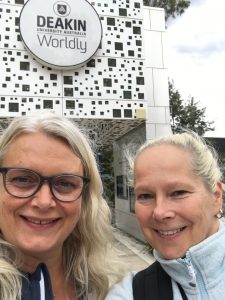
Professor Julie Concidine, Chair In Nursing Eastern Health and Director of research unit, kindly arranged an interesting visit to Box Hill Hospital for a Danish doctoral exchange student Helen and me. We met members of Julie’s research group and visited a couple of units and discussed with their directors and staff regarding medication management practices, digital solutions, staff retention challenges and solutions during pandemic times. The challenges have been similar type to Finland and Denmark.
However, the differences in solutions seemed to be the higher compensations to nurses taking care of Covid patients, free meals during the working shift plus offers of free continuing professional development courses in higher education. This is meaningful, as AU nurses need to gain a certain number of training credits per certain period of time to keep their nursing license effective.
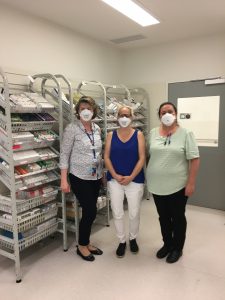
In Melbourne, according to my understanding, many of the professors are mainly working as directors of the research units within hospitals or hospital districts and having a smaller percentage of contract in UNI than in hospital – contrary to Finland, where we have the opposite proportions of working hours for professors, or professors work full time in UNI. In Melbourne the research units are interprofessional and they are often responding straight to the local clinical evidence needs. Thus, remarkable part of the scientific research is aiming to give answers straight to clinicians.
The research results improve front line clinical work by giving evidence base for decision making for local managers and directors – They are studying for example “How effective it is to use ultrasound cannulation method compared to traditional cannulation?”(Schoch, Bennett, Currey, Smith, Orellana and Hutchinson, 2022) or “How effective is nurses’ training intervention for recognizing and reporting patients’ deterioration in their organization?” (Bucknall, Considine, Harvey, Graham, Rycroft-Malone,Mitchell, Saultry, Watts, Mohebbi, Bohingamu Mudiyanselage, Lotfaliany and Hutchinson, 2022) or “How interprofessional and intraprofessional communication occures when managing older patients’ medications during care transitions” (Manias, Bucknall, Woodward-Kron, Hughes, Jorm, Ozavci and Joseph, 2021) or “How do the family members perceived ICU care and communication during the pandemic” (Digby, Manias, Haines, Orosz, Ihle and Bucknall, 2022).
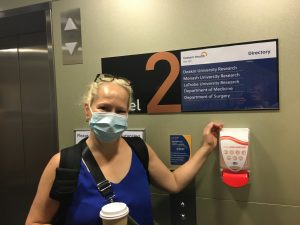
And which were the key take home messages from my exchange?
Nursing research is highly respected, well-funded, effectively led and collaborated in Melbourne, Australia, and it concentrates strongly on intervention and effectiveness research. One of the main aims is to translate research results into practice. The research areas are discussed openly, results shared, awarded, and celebrated actively and projects developed in wide researcher and clinician collaboration. Diverse level students, Post Docs and professors have common local conferences, where they can network and learn from each other as a researcher community.
People in Australia are truly kind and helpful. Infrastructure is very modern but green aspects are taken into consideration even around skyscrapers. Air B & B accommodation within a family was a pragmatic and cost-efficient solution but also a great way to get to know local culture, warm-hearted people, lovely garden, wild and pet animals and beautiful houses in family housing areas!

The Deakin visit was full of amazing new experiences and contacts. I can warmly recommend exchange periods to Melbourne, and to encourage different level researchers and students to build exchange dreams – the dreams might come true!
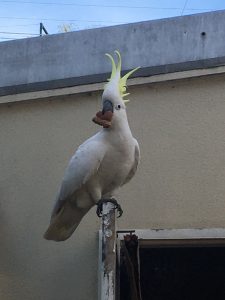
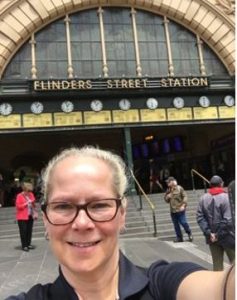
Best Regards,
Tiina
Tiina Syyrilä, Doctoral researcher, University Teacher, MSc, RN
Department of Nursing Science, UEF